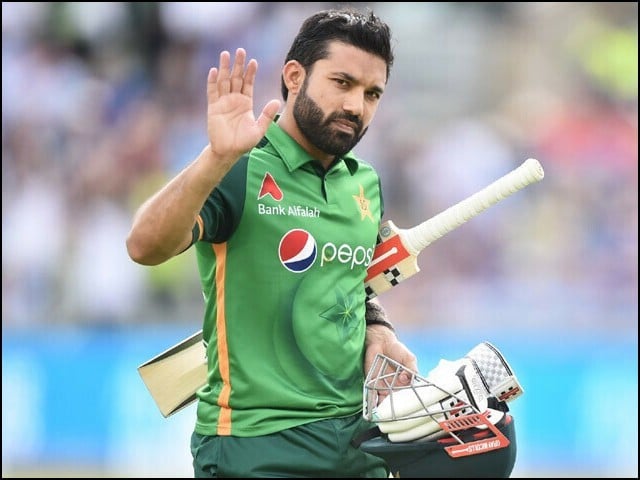“Captains are born, not made.” You may have heard this phrase many times, and it truly holds some weight. Many average players turn out to be excellent captains, while some exceptionally talented athletes crumble under the pressure of leadership and forget their traditional gameplay.
In Pakistan, the game of musical chairs regarding captaincy is often in full swing, especially when the team starts losing. Unfortunately, the Pakistani team has faced nothing but failures in various formats of cricket recently. The World Cup held in the USA was a significant test for Babar Azam, and he failed miserably, with the team eliminated in the first round, losing even to a novice opponent like the USA. They squandered a winning position against India.
Prior to that, Babar’s performance was not impressive either, which led Zaka Ashraf to appoint Shaheen Shah Afridi as captain. However, upon assuming office, Mohsin Naqvi removed the pacer after just one series and reinstated Babar, which resulted in disappointing outcomes. Since then, discussions about change have emerged, but due to the lack of white-ball matches, a quick decision was avoided.
It has become clear that while Babar is an excellent batter, he is not an equally good captain. He was granted leadership due to his outstanding batting, but despite his efforts, he has not proven himself as an effective captain. He has taken responsibility in several ICC events but has failed to add a single trophy to the team’s showcase. Ironically, the PCB still holds hopes for him, potentially assigning him leadership until the Champions Trophy, mainly due to the insistence of coach Gary Kirsten.
In Test cricket, Shan Masood was appointed captain last year. The team lost all three Tests in Australia, as expected, but the whitewash against Bangladesh was unforeseen. Losing the first five Tests has made him the most unsuccessful captain in Pakistan’s history, with even tougher challenges ahead that could worsen his record.
Even if we set aside Shan’s leadership, his place as a batter in the team is now under scrutiny. A captain should exemplify “leading from the front.” He should perform so well that people say, “What can the captain do alone when others are not performing?” This has been the case with Babar Azam in the past, which has often saved his captaincy. When batting falters, the lack of leadership skills becomes apparent. Shan Masood is an educated and composed individual who understands cricket, but unfortunately, factionalism within the Pakistan team makes it difficult for him to manage players. If he is not performing himself, how can he confront others about their lack of runs? Perhaps if he were not a captain, he would struggle to retain his spot in the team.
Cricket is a game of skills. If you lack English proficiency, it doesn’t make much of a difference—Babar Azam is a prime example. However, if the coaches are foreign, they tend to prefer someone proficient in English for better communication. Shan likely has full support from Jason Gillespie for this reason. Here the question arises: the appointment of the captain is at the discretion of the PCB chairman; how have the coaches become so powerful in enforcing their decisions?
The upcoming series against England will be extremely challenging. We lost both Tests against Bangladesh. Two years ago, England defeated us in all three home Tests when the team appeared strong. Imagining what could happen now is frightening. People argue that there should be one captain for all formats, but we see few players who excel in both red and white ball cricket. However, Mohammad Rizwan’s performance makes him an excellent candidate. He has already led Multan Sultanz to a PSL title, yet when it comes to Pakistani leadership, he is often overlooked. What is it about Rizwan that draws such criticism? No one seems to have an answer.
Those in high positions can be easily influenced, and there are rumors in the PCB about Rizwan promoting specific players and fostering factionalism. I cannot claim to be close to Rizwan, but in my interactions with him, I found him to be a humble individual. The allegations of factionalism against him seem unfounded. He is a committed cricketer who stays away from negativity. Some oppose Rizwan due to an agent’s influence, but then Babar Azam and Shaheen Afridi should not have been appointed captain either, as they share the same agent. Shaheen, if not for the current board officials’ reluctance, would be an excellent choice for captaincy in white-ball formats.
Babar has proven unsuccessful, and Shan has not made an impact in Tests; therefore, what harm would there be in trying out Mohammad Rizwan? Who knows, he might unite the team and bring back positive results. If Babar remains in charge, after the Champions Trophy, you might be searching for a new captain. Shan would have to face more criticism, and while coaches might currently have their way, you will eventually need to establish a single captain across all formats—and perhaps that captain will be Mohammad Rizwan.



